SUMMARY
This is AI generated summarization, which may have errors. For context, always refer to the full article.
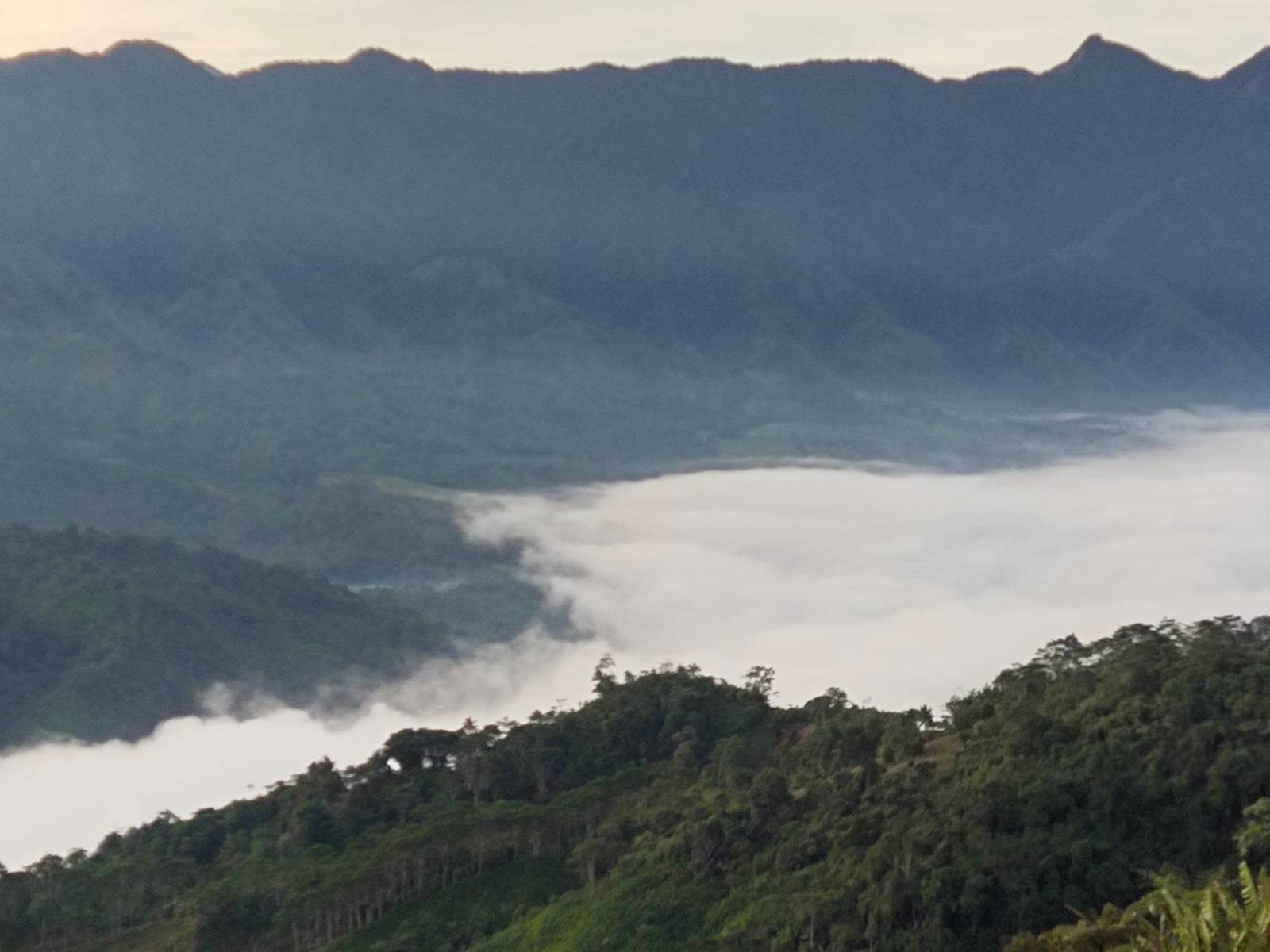
DAVAO CITY, Philippines – Leaders of an indigenous community in Davao de Oro have protested the recognition of a chairman for an indigenous people’s group in a Davao de Oro town by the National Commission on Indigenous Peoples (NCIP).
Mansaka tribe leaders have questioned the process, which they said led to the entry of development projects that hurt their ancestral domain’s resources in Maragusan.
The Mansakas are just one of the many indigenous communities in the country that have faced struggles to protect their ancestral domains from development projects.
The group claimed that the NCIP’s certificate of recognition issued for Jupiter Comania as chairman of the Mansakas’ Indigenous Peoples Structure (IPS) went against their traditional practice of selecting their tribal leaders.
The IPS serves as the tribe’s policy-making body on matters such as managing their ancestral domain. It has the power to select the indigenous peoples mandatory representative (IPMR) who would help in the legislation of programs and projects for the Mansaka tribe.
Nine Mansakas, all members of the IPS, have written a petition to the NCIP asking them to declare the recognition certificate of Comania as IPS chairman and Lito Bangkiling as vice chairman null and void.
Comania and Bangkiling had been recognized by NCIP provincial officer Julius Mabini. The NCIP in Region XI has yet to hear the petition.
As a result of the official recognition, they claimed, development projects, including road widening, have destroyed virgin forests and waters of Mount Candalaga, affecting their ritual areas and the habitats of animals.
The Mansakas’ domain covers 21 villages in Maragusan town, and the situation has been described as “a violation of their collective right to self-determination” by Joan Carling, the executive director of Indigenous Peoples Rights International (IPRI).
On January 22, Maragusan Vice Mayor Cesar Colina met with 15 members of the IPS and two members of the Mandaya tribe.
During the meeting, Colina expressed his intention to remove IPS chairman Nonoy Ganoan and pushed for a petition to reorganize the IPS.
The Mansaka leaders, however, argued that Colina’s actions went against the Mansaka tribe’s tradition of having each territory nominate their tribal leaders or Matikadong.
From these Matikadong, one is chosen as IPS chair through a consensus.
They had asked that the selection process be postponed as they were observing their laraw, a tribal custom of mourning for their previous IPMR, Bernardo Limikid.
Officials, however, proceeded in making Comania IPS chairman.
Tribal leader Dante Casagdang criticized the decision to select leaders for the tribe in a way that went against their tradition which, he said, has resulted in “disunity and division.”
He said several projects, such as road concreting and widening in Purok Malvar-Puok Humabon of Barangay New Panay, road opening in Purok Olivo of Barangay Mapawa, and subdivision in Barangay Mabugnaw, were being pursued without the proper free prior informed consent of the tribe.
“This is a clear case of political misrepresentation in the democratic and political participation of indigenous peoples, which is in violation of the exercise of their customary system and governance. This also shows how NCIP deviated from their mandate,” Carling said
The Mansakas have expressed outrage over the destruction of what they considered a sacred site Mount Candalaga.
“We lost our ritual areas, and animals also lost their homes,” said Matikadung Avelino Bastian, a protester from the community.
Protesters said the problem resulted in a lack of regulation on the entry of migrants to their territories and non-collection of royalty tax have aggravated the situation.
The group pointed out the importance of protecting the rights of indigenous peoples and the need for consultation and consent before any projects are carried out in their territories.
In 2021, the Department of Environment and Natural Resources (DENR) gathered data on the state of flora and fauna in Mount Candalaga and declared the 2100-meter mountain a protected site for threatened species. – Rappler.com
Lucelle Bonzo is an Aries Rufo Journalism fellow.
Add a comment
How does this make you feel?
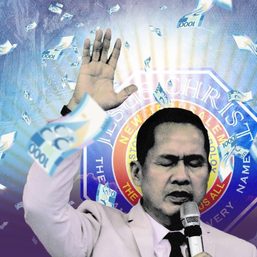
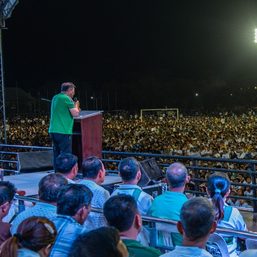
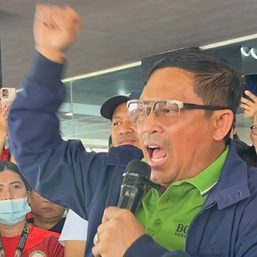
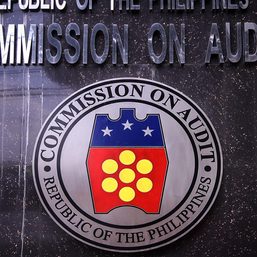
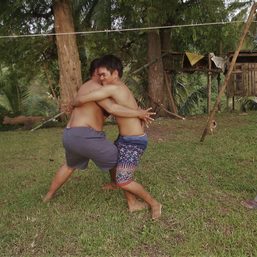

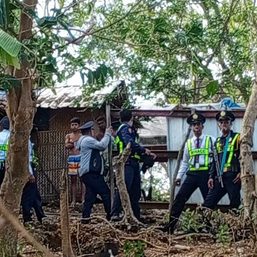
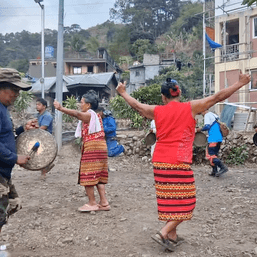
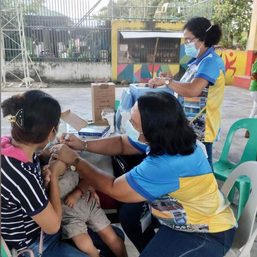
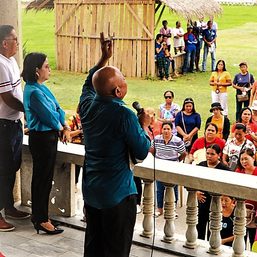
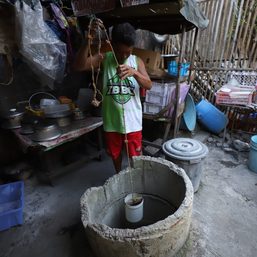
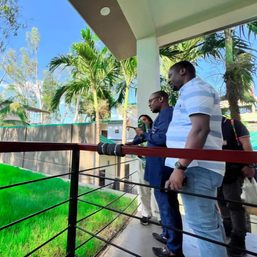
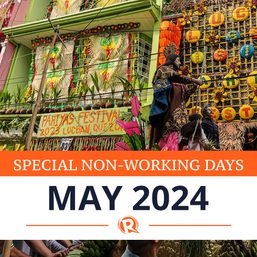
There are no comments yet. Add your comment to start the conversation.